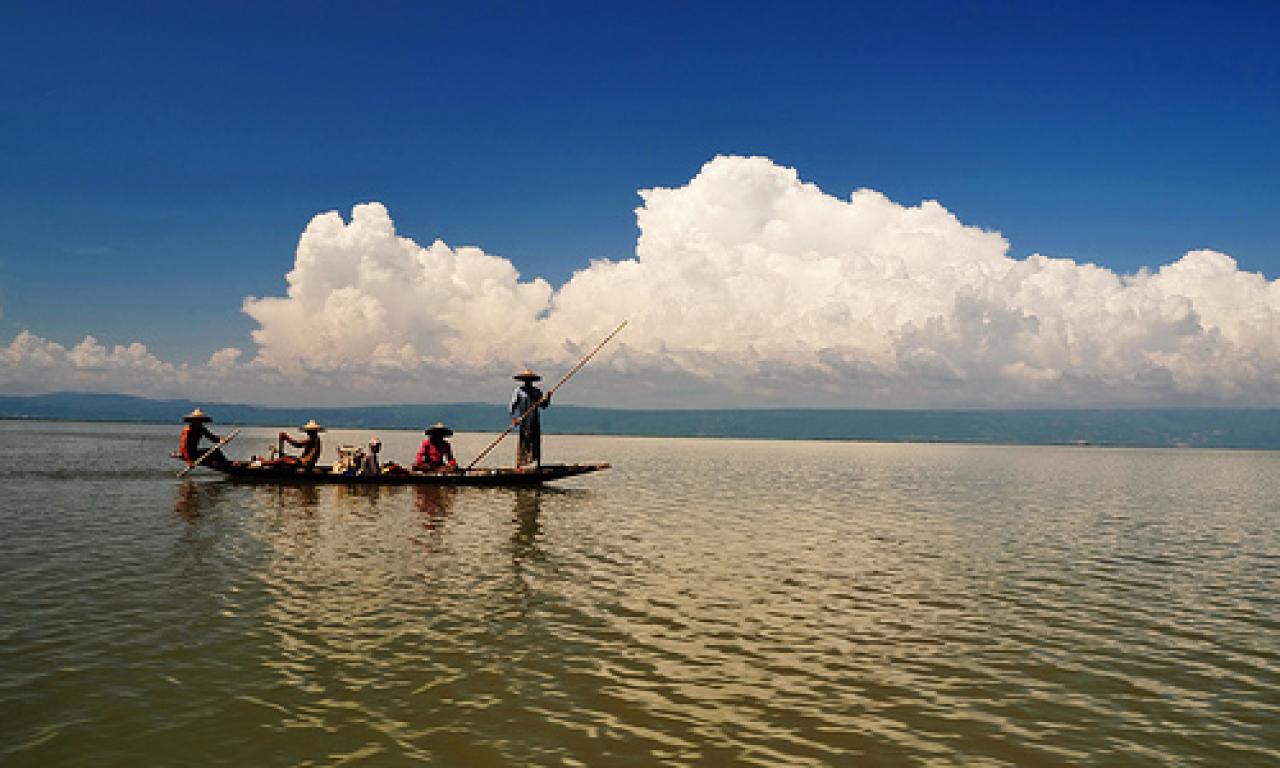
The Oxford Martin Commission for Future Generations has just released a fascinating report entitled "Now for the Long Term". The report asks: how we can avoid future crises and overcome our inability to address big challenges that will shape our world?
The Oxford Martin Commission for Future Generations has just released a fascinating report entitled "Now for the Long Term". The report asks: how we can avoid future crises and overcome our inability to address big challenges that will shape our world?
Recommended publications
- The wetlands alliance: building local capacity for sustainable, poverty-focused wetlands management
- Collaborating for resilience: conflict, collective action, and transformation on Cambodia’s Tonle Sap Lake
A key recommendation in the report is to make more use of boundary spanning multi-stakeholder coalitions, often called Global Action Networks or GANs, to try and deal with specific problems. I whole-heartedly agree.
Global Action Networks operate through a network of organizations rather than relying on governance by a single regulating stakeholder; they are a powerful way to tackle the world's problems. The Global Alliance for Improved Nutrition and the GAVI Alliance to increase access to immunisation in poor countries are excellent examples.
WorldFish participates in the Global Partnership for Oceans, championed by the World Bank and involving a huge array of institutional partners including NGOs, the private sector, UN Agencies, governments and academia. This initiative has the potential to have a large positive impact in the marine domain.
The World Bank, has tried hard to be inclusive in their approach and a recent report by an independent blue ribbon panel has proposed the following set of principles for prioritizing investments by the partnership:
- sustainable livelihoods, social equity, and food security;
- a healthy ocean;
- effective governance systems;
- long-term viability;
- capacity building and innovation.
It is especially pleasing to see sustainable livelihoods, social equity and food security at the top of the list.
Of course, setting priorities is one thing - stimulating and sustaining the collective action needed to achieve outcomes is another. For any GAN that requires continued attention to inclusive dialogue and fostering shared ownership of the initiative and it requires all partners to step up and do their part. If we do, the potential of the GPO is enormous.